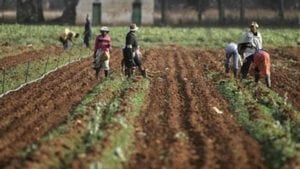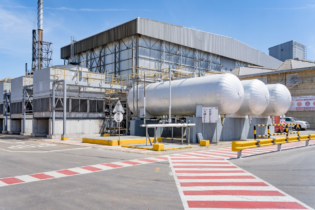The African Water Facility (AWF) has offered a €3.4 million grant to the Government of Mozambique to conduct a feasibility study for the development of a climate adaptation project in the lower Limpopo region.
This project will include building infrastructure to protect the Limpopo basin from floods and droughts and will increase food security by boosting agricultural production. Furthermore, the infrastructure to be built could lead to hydro-electric power production for the region. The project is set to benefit around 572,000 small scale and livestock farmers, fishermen, entrepreneurs and other stakeholders, as well as the 1.4 million people who live in the Gaza province in Mozambique. “This feasibility study not only lays the groundwork for future investments in Mozambique’s water sector, it is also a vital step towards ensuring that water resources development is done in such way that negative impacts to the environment or the people of the region are avoided or reduced”, said AWF Coordinator Akissa Bahri.Adapting to climate change and ensuring food security
The construction of water storage and flood control infrastructure as a result of the study will greatly increase the region’s irrigation potential and enable Mozambique to adapt to climate change and ensure food security.The potential irrigable area is estimated to be between 150 000 and 300 000 ha, compared to the 25 000 ha currently dedicated to smallholders and 10 000 ha to private investors.
The feasibility study will review options for multi-purpose water storage capacity development, environmental and social impacts, and opportunities for small and medium enterprises in irrigated agriculture, as well as private-public partnership possibilities and financing strategies.







